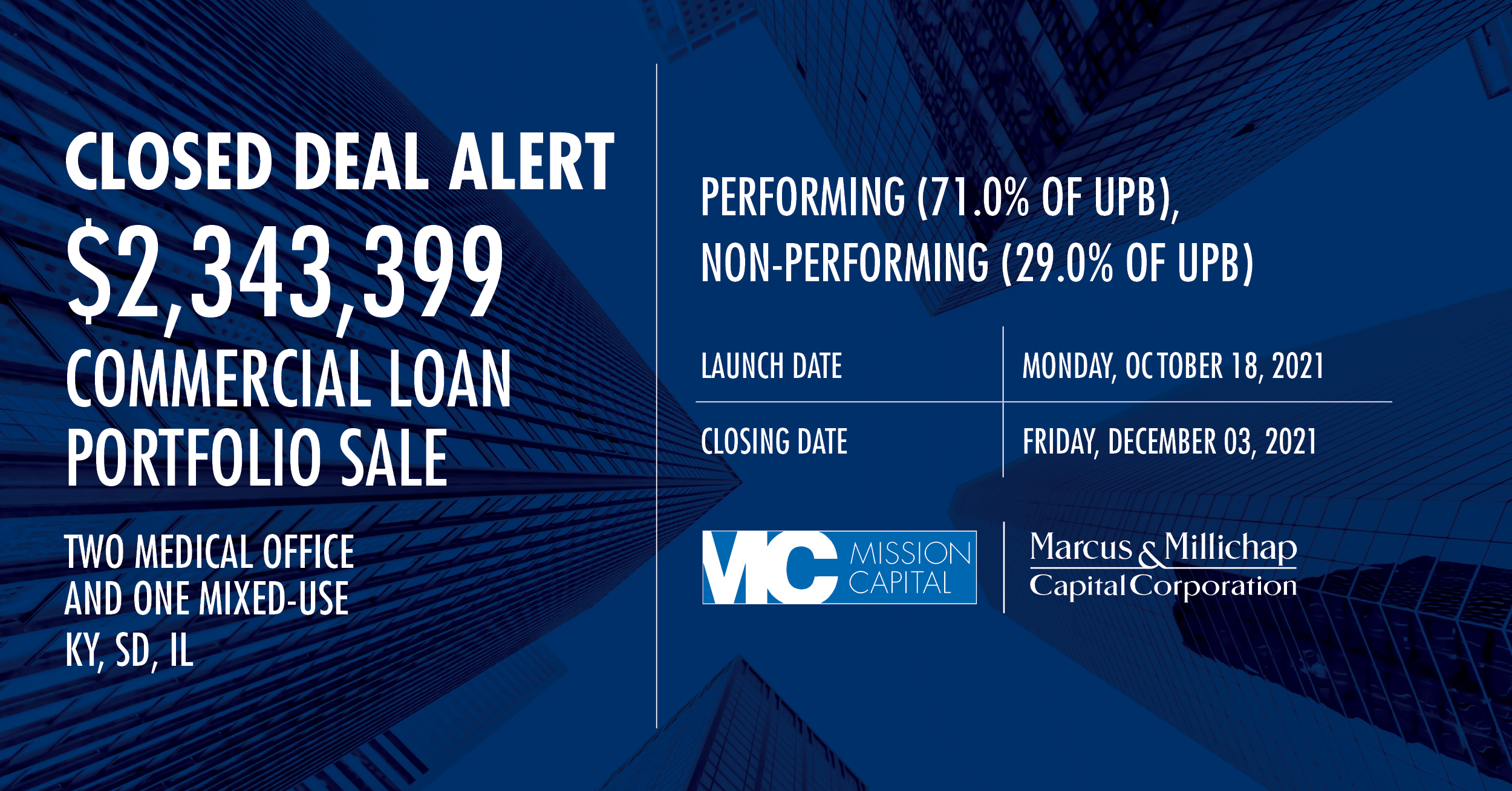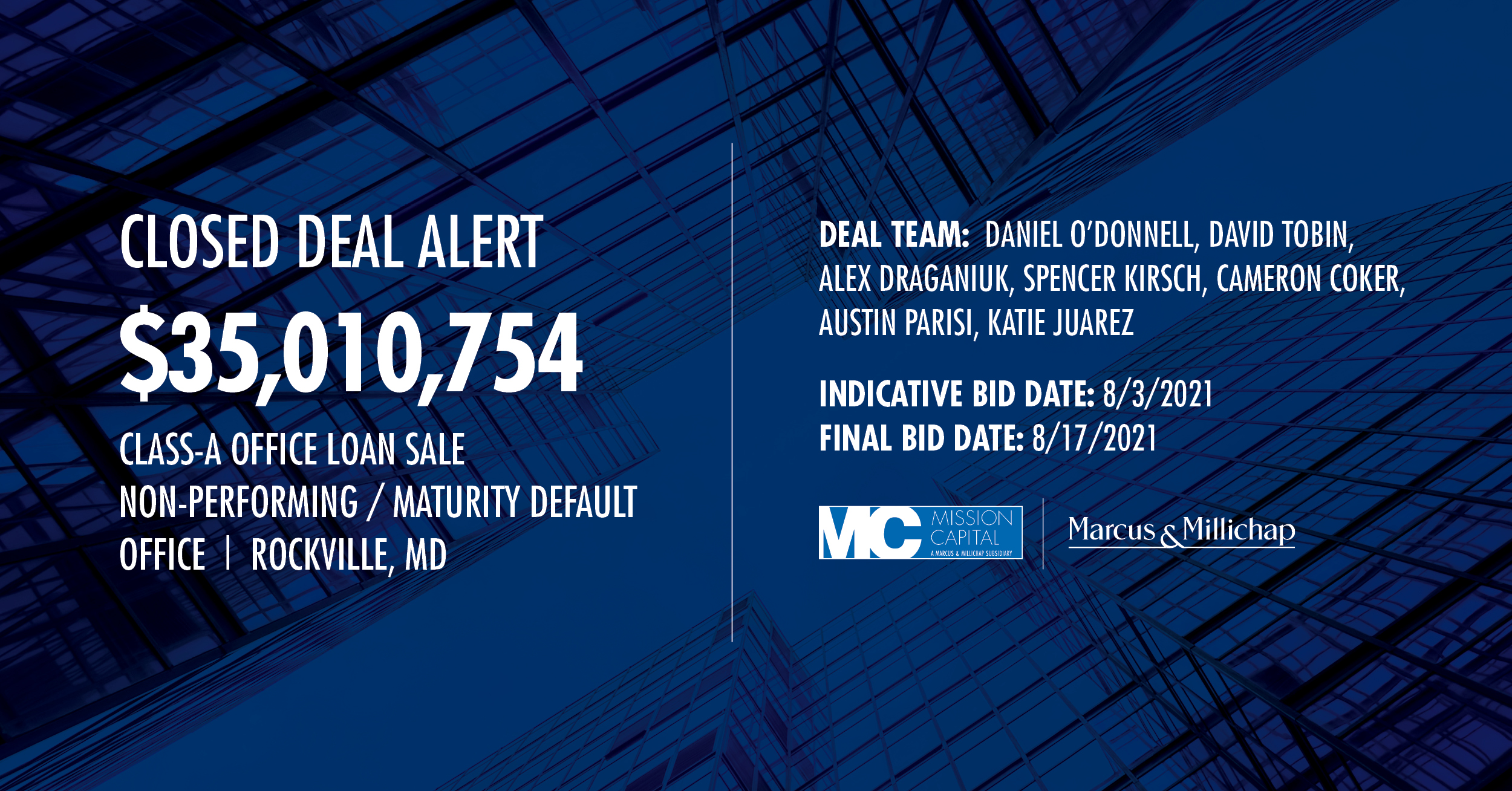Real Estate – The Hedge Against Inflation
Alex Draganiuk, Managing Director
What is inflation? As one of my old Economics professors said simply, “Inflation is too many dollars chasing too few goods.” Another way to say, an increase in purchase prices and a decrease in the value of money and purchasing power.
We can talk about the reasons for the current inflationary situation another time, but suffice it to say, there are plenty of reasons, and plenty of blame to go around. Regardless, we are where we are, so let’s talk about how real estate performs relative to inflation, and what property types perform better in a high inflation environment.
Rising inflation favors property types with a shorter than average lease terms, like multifamily, single-family rentals, self-storage, and hotels (which effectively lease up daily) because landlords can effectively recoup increased costs from increased rents in the short-term.
Alternatively, properties with longer lease terms, like office, retail, and some industrial deals will be subject to whatever terms are remaining on their leases of 5, 10, 15 or even 20 years.
Those leases could be flat or have annual rent bumps growing at 2-3%, which would have been plenty to offset any increases in operating costs until inflation began spiking since early 2021.
Those rent bumps were meant to offset potential losses from increases in operating expenses, but in a high inflationary environment, like what we are experiencing today, those base rent increases are insufficient to cover those much higher costs. So, those properties are seeing the erosion of their net operating income, and therefore their value.
Those properties with longer lease terms should also be able to command higher rents, once tenants renew or new tenants are installed at higher rates, but it will take longer for them to appreciate.
The exception to the rule of real estate being a hedge against inflation, occurs during periods of stagflation, which used to be a theoretical concept until it actually happened in the 1970s. That is where you have high inflation and very low or negative growth.
In those cases, landlords are unable to capitalize on rent growth, which is either muted or nonexistent, and they get hit with the double whammy of higher costs and greater vacancy.
We can discuss inflation and stagflation more next time.
Visit our website for more information about Loan Sales and Real Estate Sales.
Mission Capital is a subsidiary of Marcus & Millichap.




